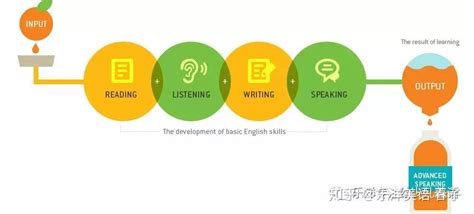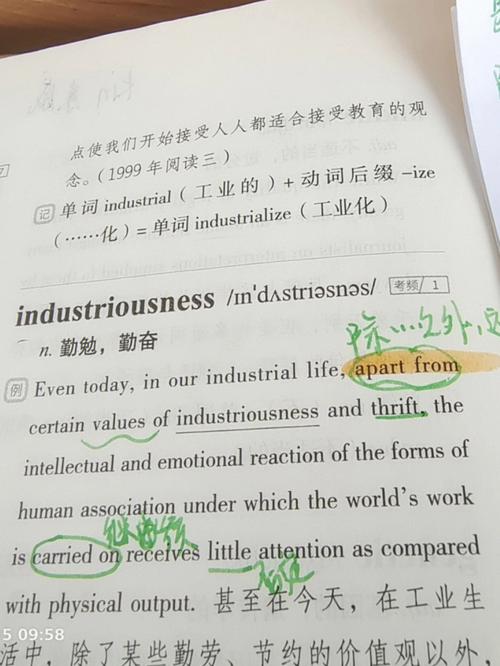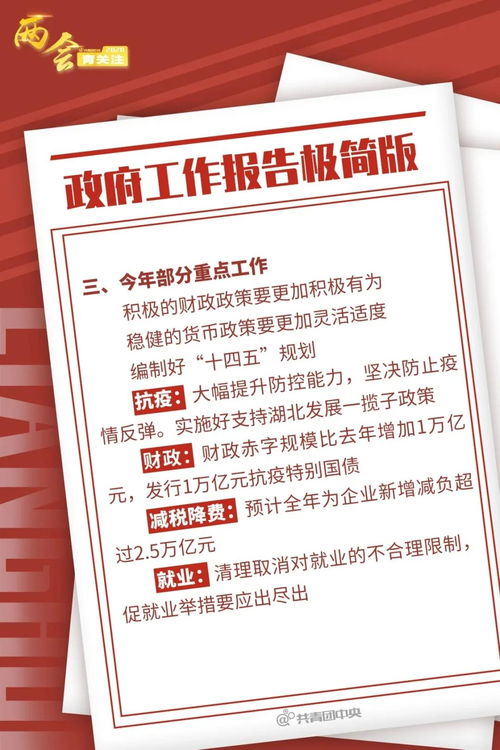英语跨考学科思政考研好考吗
Title: Navigating the Intersection of English Studies and Ideological and Political Education in CrossDisciplinary Graduate Entrance Exams
In recent years, the phenomenon of crossdisciplinary graduate entrance exams has become increasingly prevalent, presenting candidates with the challenge of integrating their specialized field of study with broader subjects such as ideological and political education. This trend is particularly evident in English studies, where applicants are expected to demonstrate a comprehensive understanding not only of the language itself but also of its cultural, social, and political implications. Here, we delve into the strategies and approaches for successfully navigating the intersection of English studies and ideological and political education in crossdisciplinary graduate entrance exams.
Understanding the Intersection
1.
English Studies
: Mastery of English encompasses language proficiency, literature analysis, cultural understanding, and linguistic theories.2.
Ideological and Political Education
: This involves knowledge of political systems, philosophical principles, social dynamics, and ethical considerations.Integration Strategies
1.
Interdisciplinary Approach
: Explore how English literature reflects and critiques political ideologies, societal norms, and ethical dilemmas. Analyze texts through multiple lenses, incorporating political theory, sociology, and ethics into literary analysis.2.
Cultural Contextualization
: Situate English language and literature within their cultural contexts, emphasizing the interconnectedness of language, culture, and politics. Discuss how historical events and sociopolitical movements influence literary works and language usage.
3.
Critical Thinking
: Develop critical thinking skills to evaluate texts from diverse perspectives. Engage with controversial topics, analyze conflicting viewpoints, and formulate wellreasoned arguments supported by evidence from both English studies and ideological and political education.4.
Ethical Reflection
: Consider the ethical implications of language use, literary representations, and political discourse. Reflect on issues of power, identity, and justice in English texts, drawing connections to broader ethical frameworks and philosophical principles.Preparation Tips
1.
Comprehensive Reading
: Expand your reading repertoire to include a diverse range of English texts, encompassing literature, essays, speeches, and journalistic pieces. Pay attention to authors' backgrounds, historical contexts, and ideological stances.2.
Current Affairs Awareness
: Stay informed about current events, political developments, and social issues both domestically and internationally. Connect contemporary issues to themes explored in English literature and language studies.3.
Practice Integration
: Practice integrating ideological and political analysis into your English study routines. Write essays that incorporate political theories, discuss ethical dilemmas in literary works, and analyze language use in political speeches.4.
Seek Guidance
: Consult with professors, mentors, or tutors who specialize in both English studies and ideological and political education. Receive feedback on your integration efforts and refine your analytical skills through constructive criticism.Conclusion
Successfully navigating the intersection of English studies and ideological and political education in crossdisciplinary graduate entrance exams requires a multifaceted approach. By adopting an interdisciplinary perspective, cultivating critical thinking skills, and engaging with ethical considerations, candidates can effectively demonstrate their proficiency in both fields. With strategic preparation and a nuanced understanding of the interconnectedness of language, culture, and politics, aspiring scholars can confidently tackle the challenges posed by these integrated examinations.












评论